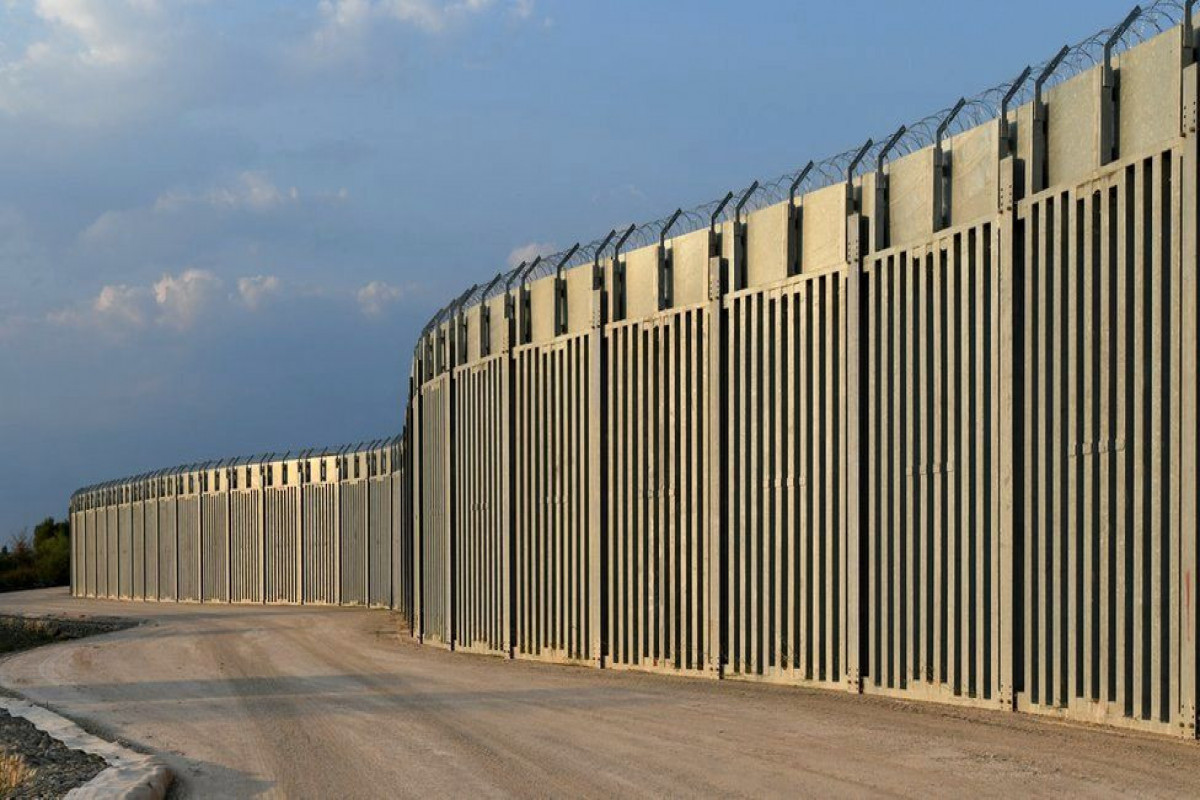
ATHENS, Aug 28 (NNN-Xinhua) — Greece will not become a gateway to Europe for irregular migration flows, like it happened in the period 2015-2019, Greek Migration and Asylum Minister Notis Mitarachi told the Greek parliament on Friday, pointing to recent developments in Afghanistan.
The Taliban takeover of most of the country following the withdrawal of U.S. forces has sparked deep concern in Greece, and across Europe, over a possible replay of mass migration flows and the humanitarian crisis of recent years.
Since 2015, over one million people have reached Greece fleeing warzones and extreme poverty, and most continued their journey to other European countries until the borders along the Balkan route to Central Europe were sealed off.
Currently, Greece is on alert and bolstering security along the borders with Turkey, Greek officials have said. The erection of a fence along the Turkish border in the north was completed a few days ago, the government said.
The 27-km-long and five-meter-high steel fence was added to an existing 12.5-km-long wall, which was reinforced. A new electronic border surveillance system had also been installed.
The project cost nearly 63 million euros (74 million U.S. dollars), started last year following the increased pressure on this part of the borders by thousands of asylum seekers in March 2020.
“The Afghan crisis is creating new data in the geopolitical sphere and at the same time is creating possibilities for migration flows. We have to prepare ourselves for the possible consequences,” Minister of Civil Protection Michalis Chrisochoidis told Greek national broadcaster ERT during a recent visit to the area.
The Greek government is in talks with the European Union (EU) for financing the extension of the border fence, local news site “in.gr” has reported.
The country has also called for prompt and close cooperation between EU member states and with third countries to cope with the arising new challenges.
Greek Prime Minister Kyriakos Mitsotakis and Turkish President Recep Tayyip Erdogan jointly urged the international community last week to provide more support to countries closer to Afghanistan to handle the crisis, the PM’s office has said.
Political analysts in Athens noted that the new challenges will take concerted efforts by the international community to address them.
“The withdrawal of U.S. troops may have caused the chaos, but the majority of Afghans fleeing the country for fear of the Taliban will not head to the United States. Most will head to Europe…It is a very difficult situation, and it is obvious that for Europeans this is the main issue,” Constantinos Filis, Executive Director of the Institute of International Relations of Panteion University of Athens, told local news website “Newsbeast”.
“The EU must move very quickly and offer material and technical assistance where needed to ensure that people fleeing Afghanistan stay in neighboring countries with the prospect of returning to their homeland at some point,” he said.
Sotiris Serbos, associate professor in international politics at the Democritus University of Thrace, heavily criticized the U.S. for not preventing the current situation.
The U.S. had made the decision to withdraw a long time ago, as from the first moment the war in Afghanistan was a lost cause, “they just could not accept their defeat,” he told the local “Reader” news website.
“Afghanistan is entering into uncharted waters after the Taliban’s rise to power and this is a source of great concern in the West,” he added. — NNN-XINHUA



